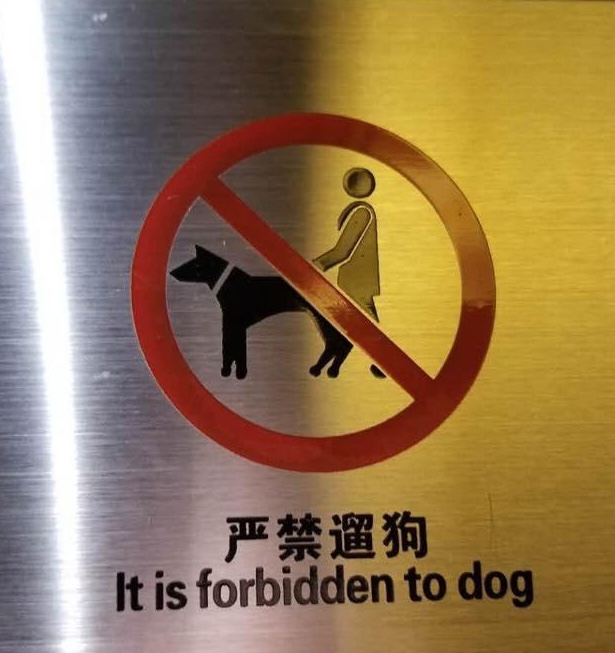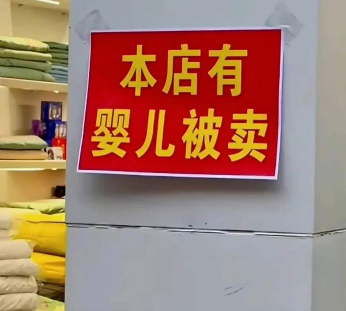Semiliterate restaurant Chinese
Charles Belov saw this sign on Clement Street (aka New Chinatown) in San Francisco:
Read the rest of this entry »
Charles Belov saw this sign on Clement Street (aka New Chinatown) in San Francisco:
Read the rest of this entry »
From Alex Strange:
This sign I keep seeing at local events in the SF Bay bothers me every time I see it. (and then the Japanese people I've shown it to also thought it was unappetizing) So I thought I'd send it into languagelog.
The worst part is, it's not really wrong.ドレイのレモネーど (dorei no remonēdo) does mean Drae's Lemonade. It's just you can't avoid reading it as "slave lemonade" (dorei / ドレイ / 奴隷). Maybe they should pick a different other language?
Read the rest of this entry »

A road sign at the Gwadar Free Zone, operated by China Overseas Ports
Holding Company, in Gwadar, Balochistan, Pakistan. This port is a crucial part
of the China-Pakistan Economic Corridor. (Photograph dated July 4, 2018)
Read the rest of this entry »
A sign just outside the driver's cab of a TRA (Taiwan Rail) aging diesel on the Pingxi Line that climbs along the edge of the Keelung River ravine, just outside Taipei.
Read the rest of this entry »

(Source: posted and removed on Reddit;
the same image has been previously posted)
Read the rest of this entry »
[This is a guest post by Kirinputra.]
By now we know. The secret is out. The “Chinese character” is not as different as 人 thought it was. We know sinographs don’t transcend the plane of sound — not quite like math symbols, anyway, or the man-woman bathroom icons, or stoplights.
How deep is the entanglement, though, between sinographs and sound? In contemplation of this, I present a fun-sized platter of puns and related matter from a seaborne sliver of the Sinosphere thought by some to be a living showcase of peak sinography: Formosa.
In particular, I want to spotlight a subconscious reading mechanism that guts the good of sinography and bends it to shady ends.
Let’s start with Sioumazang Yakiniku, Japanese barbeque chain. Sinographically, the name is 燒肉衆. The Mandarin reading, or name, is straightforward: Shāoròuzhòng. The Taioanese name is more or less undefined, despite the possibilities — for reasons that should be clear by the time we get to the other side of this.
Read the rest of this entry »
We've looked at the Chinese of the first item en passant before (here), but not in detail, and the English of this version merits investigation:
Read the rest of this entry »
Sign for a store that just opened in Mark Swofford's neighborhood in Banqiao, New Taipei City:
Read the rest of this entry »
[line spacing was difficult with this one]
Chinese signs collected by Zeyao Wu:

本店/有/嬰兒被/賣 or 本店/有/嬰兒/被賣
běn diàn yǒu yīng'ér bèi
this shop has baby passive signifier; blanket for sale
"this shop has baby blankets for sale" or "this shop has had babies for sale"
Read the rest of this entry »